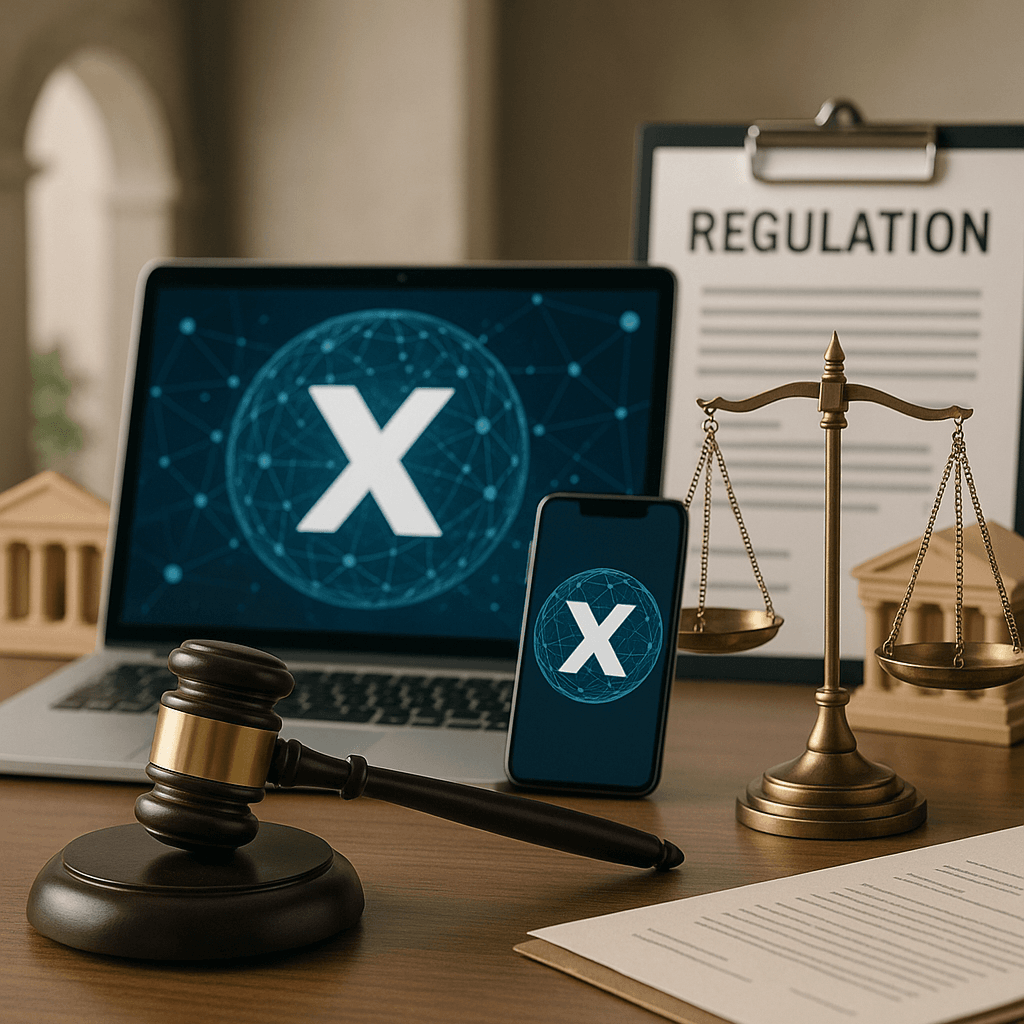X is doubling down on its fight against India's content takedown system, announcing Monday it will appeal a Karnataka High Court ruling that upheld the government's controversial Sahyog portal. The platform called the court-backed system 'secretive' and claimed it allows millions of police officers to issue 'arbitrary' content removal orders without proper judicial oversight.
X just escalated its legal battle with India's government over what the company calls a 'censorship portal.' The social media platform announced Monday it would appeal a Karnataka High Court ruling that upheld the government's Sahyog takedown system, setting up a clash that could reshape how content moderation works in one of the world's largest social media markets.
The court decision last week dealt a significant blow to X's March petition challenging the Sahyog portal, which India launched in late 2024 to automate content removals. According to X's Global Government Affairs account, the system 'circumvents Section 69A of the IT Act, violates Supreme Court rulings, and infringes Indian citizens' constitutional rights to freedom of speech and expression.'
What makes this fight particularly contentious is how Sahyog operates. Unlike traditional takedown procedures that require written orders and judicial review under Section 69A of India's IT Act, the portal allows government agencies to directly order social media platforms to remove content they deem unlawful. 'The Sahyog enables officers to order content removal based solely on allegations of 'illegality,' without judicial review or due process for the speakers,' X wrote in its Monday statement.
The numbers are staggering. India has millions of police officers across its states and territories, and X argues the system essentially gives each of them the power to issue content removal orders. Major platforms including Google, Meta, and local player ShareChat have already joined the portal, but X has refused to comply since its launch.
The Karnataka High Court's ruling took a hard line against X's arguments, rejecting what it called the platform's 'free speech' defense. The court determined that X, as a foreign company, doesn't have constitutional rights to freedom of expression under Indian law - a position that could have broader implications for how international tech companies operate in India.
'We respectfully disagree with the view that we have no right to raise these concerns because of our incorporation abroad,' X responded. 'X contributes significantly to public discourse in India and the voice of our users is at the heart of our platform. We will appeal this order to defend free expression.'












